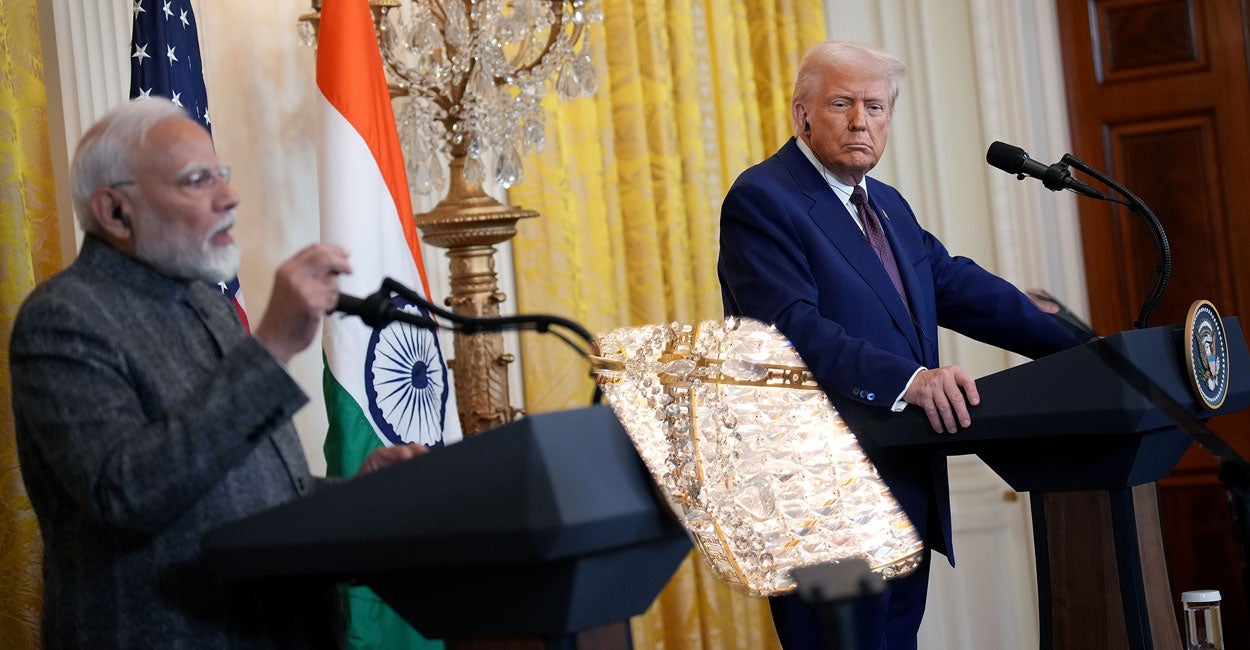

The Advancing American Freedom Foundation (AAF), founded by former Vice President Mike Pence, is urging the Trump administration to prioritize religious freedom in trade negotiations with India. The AAF's policy stance comes amidst ongoing discussions between the U.S. and India, with existing trade tensions highlighted by tariffs imposed on India for its continued purchase of Russian oil.
The AAF emphasizes the importance of the U.S. conditioning any trade agreement with India on the repeal of anti-conversion laws and ensuring respect for religious minorities. The foundation, guided by the principle of unalienable rights, suggests that congressional committees should conduct investigations to ensure that foreign aid to India aligns with the International Religious Freedom Act.
This isn't the first time religious freedom in India has been brought to the forefront. During his first term, President Trump raised the issue with Indian Prime Minister Narendra Modi in 2020. While Trump stated that Modi conveyed a strong commitment to religious freedom, the AAF alleges that the Indian government is persecuting religious minorities, including Christians, through anti-conversion laws and by shielding violent groups.
Concerns regarding religious freedom in India have been echoed by other organizations. The U.S. Commission on International Religious Freedom (USCIRF) has repeatedly recommended that the State Department designate India as a "Country of Particular Concern" due to alleged violations. In its reports, the USCIRF has highlighted incidents of violence against religious minorities, arbitrary arrests of religious leaders, and the demolition of homes and places of worship. They also cite the use of misinformation and hate speech by government officials to incite attacks against religious minorities. The USCIRF has expressed concerns about laws such as the Citizenship Amendment Act (CAA), anti-conversion laws, and cow slaughter laws, claiming they target and disenfranchise religious minorities.
In response to such reports, the Indian government has rejected claims of deteriorating religious freedom, often dismissing them as biased and malicious. However, various reports and statements from U.S. government bodies and organizations continue to express concern. The U.S. State Department's 2023 Report on International Religious Freedom in India noted that some religious minority groups have challenged the Indian government's ability and willingness to protect them from violence and ensure their freedom of religion. The report also mentioned instances where Christians and Muslims were arrested under laws banning forced religious conversions, with religious groups alleging misuse of these laws to harass and imprison members of religious minority groups.
Despite these concerns, the U.S. and India have reaffirmed their shared values of freedom, democracy, human rights, and equal opportunities. Senior U.S. officials have also continued to raise religious freedom issues with their Indian counterparts.